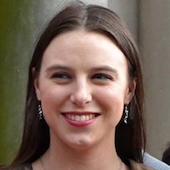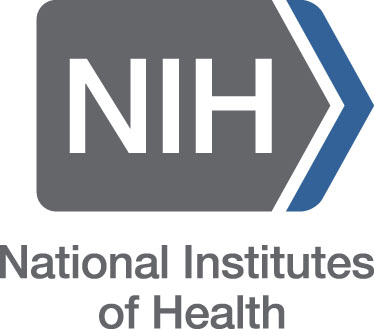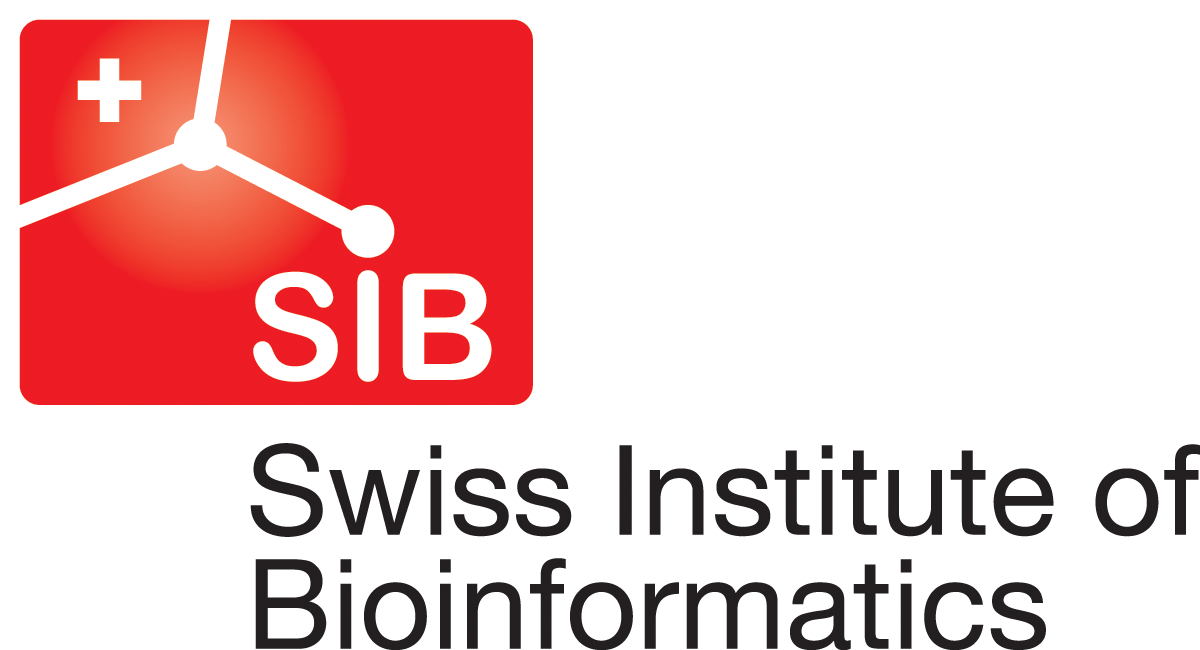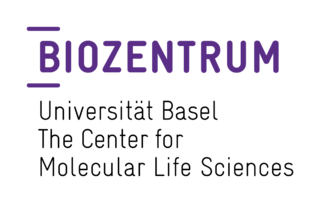Notable changes in Augur v25
The Nextstrain team
The Nextstrain team has released several new versions of Augur – our bioinformatics toolkit that assists with phylogenomic analyses – over the past few months. We wanted to highlight some of the significant feature improvements in these new releases.
# Excel and OpenOffice support
One of the features we are most excited to announce is that the
augur curate command now supports both Excel (.xlsx and
.xls) and OpenOffice (.ods) files as metadata inputs. This allows
the easy conversion of Excel or OpenOffice files into the expected
metadata TSV used by other Augur commands. This new feature is
available in Augur v25.2 and later.
# Merging multiple metadata files
We are also very pleased to announce a new command, augur merge,
which allows for generalized merging of two or more metadata tables
based on a common field. We hope that this will make curation of
metadata inputs significantly easier. We also expect that this will
facilitate starting with existing pathogen repos with curated data
available via data.nextstrain.org and “spiking in” extra,
non-public metadata for additional analysis. We plan to extend this
functionality to support merging of sequence files in a future Augur
release. The merge feature is available in Augur v25.3 and later.
# Weighted sampling
We have extended augur filter with a new flag,
--group-by-weights, that adds weighted sampling. This allows
subsampling to follow quantities like population size or case counts
to facilitate more representative analyses. Or conversely, this allows
for sampling of a specific “focal” region with more intensity than
other “contextual” regions. This is described in detail in an updated
Filtering and Subsampling guide, as well as the help text of the
--group-by-weights flag. This new flag is available in Augur
v25.3 and later.
# Generalized read/write commands
We have added two new I/O related commands, augur read-file and
augur write-file. By piping to/from these new commands, external
programs can do I/O “the Augur way”, including transparent handling of
compression formats and newlines consistent with the rest of Augur. We
hope that exposing this functionality will make it easier to integrate
external programs into Augur pipelines in a consistent, convenient
way. These new commands are available in Augur v25.3 and later.
# Six new augur curate commands for transforming metadata
We added a number of new sub commands to augur curate. These
commands ease the manipulation of various sorts of dataset metadata:
augur curate abbreviate-authorsabbreviates author lists to "<first author>, et al."augur curate apply-geolocation-rulesapplies user-curated geolocation rules to geolocation fieldsaugur curate apply-record-annotationsapplies user-curated annotations to existing fieldsaugur curate parse-genbank-locationparses thegeo_loc_namefield from GenBank recordsaugur curate renamerenames field / column names.augur curate transform-strain-namefilters strain names using a regular expression
All of these new sub-commands are available in Augur v25.0 and later.
# Reduction in Auspice JSON sizes of around 30%
augur export v2 now limits numerical precision on floats in the
exported JSON file. This should not change how a dataset is displayed
or interpreted in Auspice, but reduces the gzipped and minimised JSON
file size by around 30%, depending on the dataset. This will improve
page load times in Auspice and nextstrain.org. This change is present
in Augur v25.2 and later.
# Debug mode (verbose logging)
We added a new debugging mode to the entire Augur suite, which is
enabled by setting the AUGUR_DEBUG environment variable to a
non-empty value (e.g., export AUGUR_DEBUG=1).
Currently, setting this variable only causes Augur commands to print additional information about the specifics of handled (i.e., anticipated) errors. For example, stack traces and parent exceptions in an exception chain, which are normally not displayed, will be included when this variable is set.
In future Augur releases, we anticipate using this variable to conditionalize new debugging and troubleshooting features, such as verbose operation logging. This debugging mode is available in Augur v25.3 and later.
# Thanks
Thanks for reading our summary of new Augur features! We hope they prove to be useful in your Augur pipelines and workflows. We welcome feedback about these new features, and suggestions for additional ones, either via our discussion site, or by opening issues in the Augur GitHub repo.


















